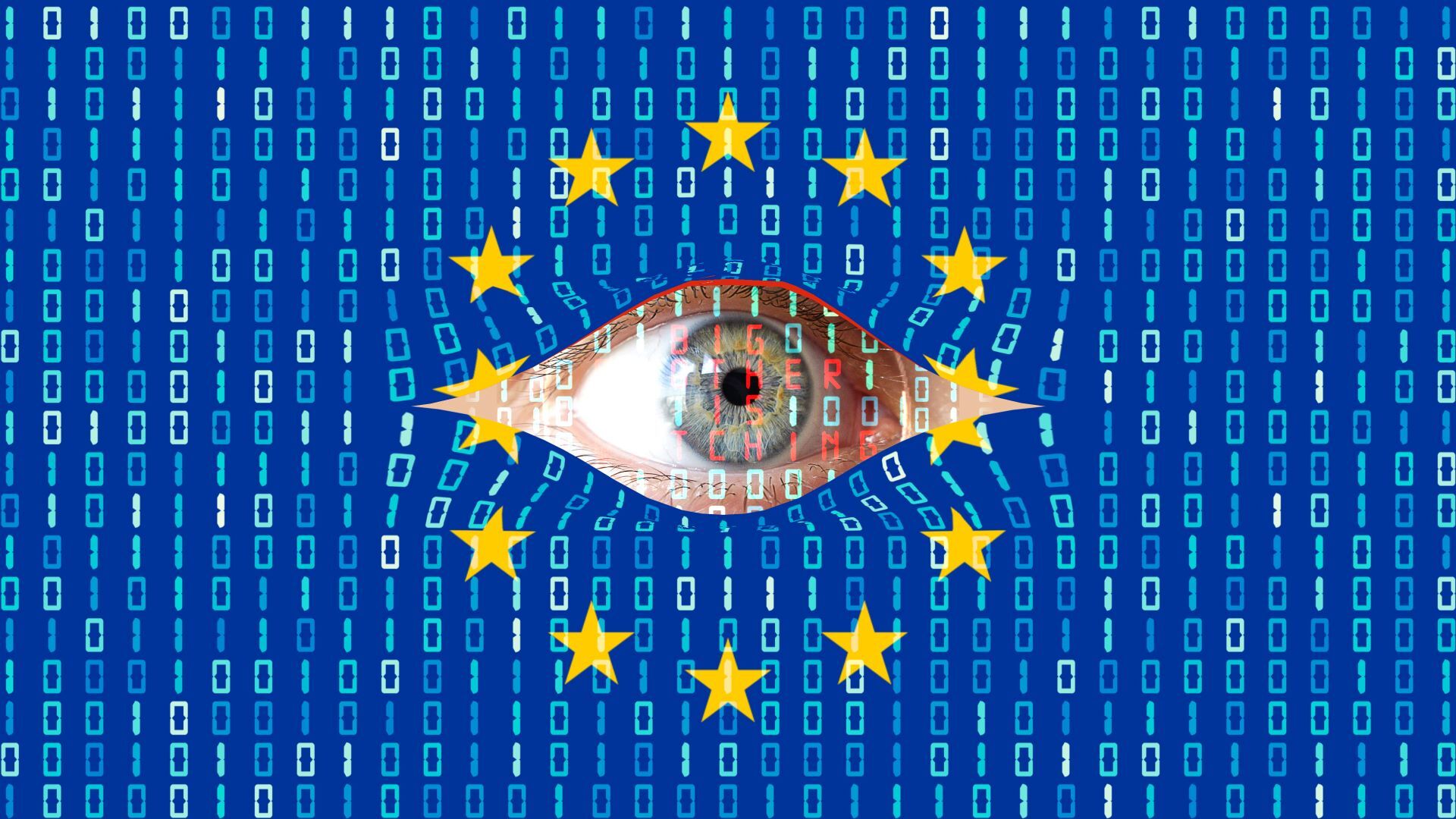ProtectEU is the awful initiative to weaken encryption.
The title reads like ProtectEU is something good but it isn’t:
Unveiled last April, ProtectEU aims to find a legal way to create a backdoor into encrypted communications
The original title is better:
Experts “deeply concerned” by the EU plan to weaken encryption
Also another “slams” on my bingo card.
Why the hell is the EU considering this, when a possible WW3 is on the horizon?
Most major government and similar control organs around the world regularly try to do this, have for decades.
And as it nears finalization, someone finally manages to convince them it’s not possible. Usually involving some kind of lock analogy, master keys, and how it’s impossible make a lockpick-proof one that you can still open. (Literally the only way to make a lock that can’t be be picked non-destructively, is to seal it with something like welding, epoxy, etc. Because if you can use a key, it can be picked, full stop. There is no “but what about …”. Same thing with encryption, if there is a backdoor, it will be found. )
‘ProtectEU’ security strategy: a step further towards a digital dystopian future – [EDRi - European Digital Rights Association]
… Instead of genuinely addressing security risks, the ProtectEU strategy further fuels an oppressive law enforcement infrastructure and its main agents, which are notorious for their systematic over-policing and under-protection of marginalised communities in Europe (migrants and racialised people in particular). Underpinning this infrastructure are the increased data collection, analysis and sharing by and among Member States, EU agencies, third countries and private companies. As law enforcement often secures sweeping exemptions from fundamental rights guarantees and public scrutiny in EU law, data protection and privacy protections are easily disarmed …



